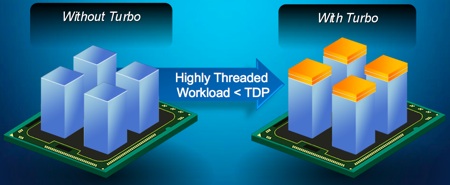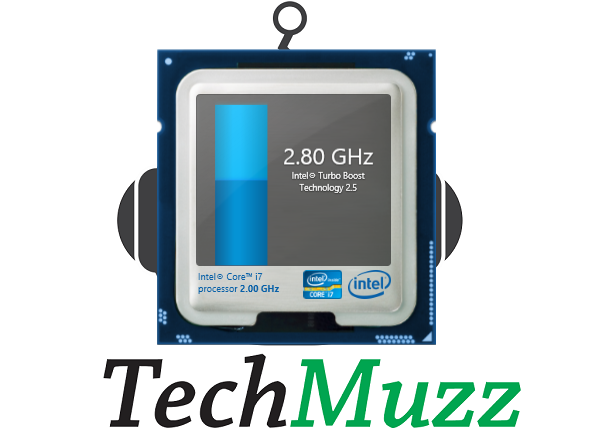
Intel Turbo Boost is probably doing more to help keep your computer cool. Generally, the Intel Turbo Boost doesn’t cause overheating issues. Does Intel Turbo Boost Cause Overheating? You will only disable this if you have it manually overclocked.

Moreover, if you disable the Intel Turbo Boost, it will hurt your gaming performance and other performances. Overall, it has to be said that in some cases, Turbo Boost will let the game reach higher FPS but maybe only a 10-20 FPS boost. Not all games use the CPU much instead, various games exclusively rely on the GPU, and in these instances, things like turbo boost is of no consequence.īut several games that use the CPU exclusively would be benefited significantly from such features like Turbo Boost. In short, whether the Intel Turbo Boost technology will help you for Gaming or not entirely depends on what type of games you are playing. Yes! Sometimes within a few games, the Intel Turbo Boost technology helps the Gaming by increasing the CPU speed. However, if you disable the Turbo Boost, it will decrease the CPUs speed, and you will not get better Performance. Yes! the Intel Turbo Boost technology enhances the processor’s performance by increasing the CPU’s speed within a safe temperature and power limits.Ī faster processor is required to perform various tasks, including heavy CPU-intensive things. Does Intel Turbo Boost affect Performance?
#WHAT IS TURBO BOOST INTEL PC#
Moreover, if you are facing any overheating issues on your system, you can turn off Turbo Boost, it will make your PC run cooler and quieter, and your system’s battery also lasts longer. Generally, modern Intel chips heavily rely on the Turbo Boost technology to achieve the maximum Performance, so if you turn off the Intel Turbo Boost, you will get a low clock rate.īut you need to check out the cooling I am trying to say that the Turbo Boost temporarily boosts clock speeds for burst workloads it is designed to maximize performance without destroying your thermals.īut, if you do a lot of crunching in a system with no cooling, it will eventually affect your system. It depends on how your PC is doing- if your computer is running well doesn’t overheat too much, there is no need to turn off the Turbo Boost. In most environments, Turbo Boost runs without anyone even knowing it because it is entirely done by your processor, based on the factors like- Power Consumption, Temperature, Available CPU cores, and Processors workload.Īnother good thing about Turbo Boost is that it works automatically, and there is no need for the users to configure it. Yes! in most cases, Intel Turbo Boost technology is good because it enhances the CPU’s processing power when it is needed. Remember that, all Intel processors doesn’t support the Turbo Boost technology fewer Intel CPUs support this feature, including Intel Core processors i3,i5,i7,i9, etc. If Intel’s Turbo Boost technology sees that the CPU is operating well within limits, turbo boost can kick in. Similarly, Intel’s Turbo Boost technology can scale up CPU’s speed based on several factors, including (Available CPU cores, workload on processor, temperature & power consumption).īased on the mentioned factors, the Turbo Boost monitors the usage of an Intel CPU to determine how close the processor is to its maximum TDP.

In simple terms, sometimes CPUs activate a Turbo Boost mode to deliver some extra processing power.

Intel explains that Turbo Boost is a way to run the processor core faster than the marked frequency automatically.

Turbo Boost is also fundamentally different from true overclocking, which is based on permanently boosting the clock speed. It would not activate while the computer is running on power conservation mode or under high temperatures. To boost the clock speed, the processor needs to work under predefined power, temperature, and specification limits. Note that the feature does not activate by default similar to the Hyper-Threading feature. Disadvantages of Intel Turbo Boost Technology


 0 kommentar(er)
0 kommentar(er)
